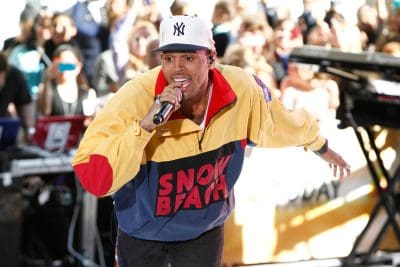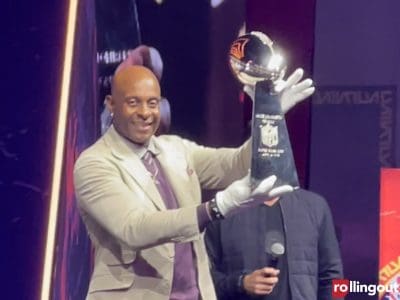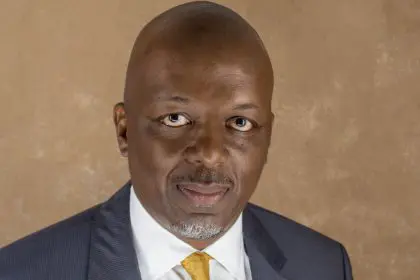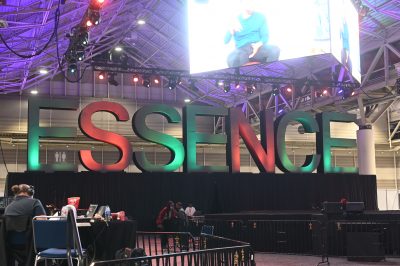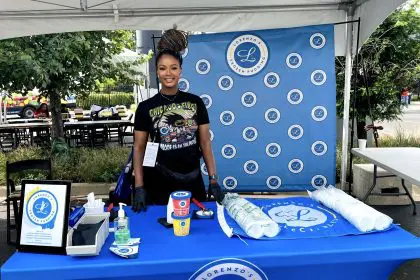Attorney Ralph Kenol is a business leader who believes in serving his community and setting defined and reasonably attainable goals. The 39-year-old Queens, N.Y., native has his own law firm in Hollywood, Fla., where he practices immigration, business, litigation, mediation, nonprofit entities, and wealth protection law. The multifaceted lawyer is fluent in English, Spanish, French and Creole. He also tweets and blogs — lending some free advice to his followers and social media heads. He’s a well-rounded intellectual whose favorite vacation spot is Jacmel, Haiti. Here’s what the Cornell Law School graduate had to share with rolling out on his career path, role models and the community.
How did you determine your career path?
I think I modeled it after my older brother who works in the legal profession and my mom, who was an attorney in Haiti before my family came to the United States. As far as my law practice, I have always felt it important to create your own business so that you have more control so that you can provide opportunities for others. I believe this is desperately needed in our community.
What are the keys to the longevity of your business?
I would choose consistency, honesty and clear communication. Clients want to know that you are committed to working for them and that you will be there when they need you. I find that people talk with me or interact with me a few times before they decide to hire me. I try to make myself available and accessible. I also try to make the language plain so that people understand what I’m doing for them and they can explain to others what I did for them. I don’t think the law should be a mystery.
Describe the skills that will be essential to future business leaders and innovators.
I think all business leaders will have to be aware of the needs of the market where they intend to do business as well as the skill sets of potential competitors anywhere in the world. There are virtual secretarial assistants that can be hired from India for three ($3.00) and hour and there are machines that can make burgers like line cooks. Future Business Leaders have to keep in mind that they will one day be in the past if they do not keep up with current trends.
Describe goal setting methods you use and how you evaluate your success.
I set clearly defined and reasonably attainable goals. This way it’s easy to see if I’ve succeeded or not. If instead of setting a goal of opening an office in Lagos, Nigeria, I instead try to get at least three clients in as many months who are from Nigeria or have business in Lagos, then I can check off that goal. If I reach a point where the number of Nigerian clients makes an office in Lagos cost effective, then I can start formulating that objective. I’m not against thinking big or having a long-term goal; sometimes I fear it stops us from doing the detailed work to get there.
Name your favorite role models for success in two industries.
Former NFL Player Jerry Rice and Human Rights Leader, Malcolm X. Jerry Rice based on his training philosophy. He once explained that he would run every play as if he was definitely getting the ball. This confused his defenders and eventually wore them down. He trained very hard so he could maintain such a high level of athleticism. Malcolm X because he was intellectually curious. Malcolm X said that he knew people respected his intelligence when they asked his opinion of things beyond race and the civil rights movement.
Names three books that changed how you saw life that you would recommend to others.
Black Skin, White Masks by Frantz Fanon
An Outline of History by H.G. Wells
Why is lifelong learning important to you?
We can never stop learning because the world has not stopped changing. I also think that learning is close to youth; it makes you become new to something.
What role do you play in the community to create the success that you would like to see?
I try to engage with community leaders and create spaces for discussing everyday problems. Whether organizing a community forum on opportunities (or the lack thereof) for youth, campaigning for local office or just raising issues in social media, I’m trying to move the dialogue to a space of community improvement and economic development.
How do music and cultural events define your self-identity?
Music is a marker for the culture and for my personal mood. On a wider level, when conscious soulful music is getting a lot of play, say the late ’60’s or the early ’90s, you get a sense of a cultural awakenings and pride. When it switches to an angry, but also celebratory chant of dysfunction, you get another feel for where we are. It’s the difference between Mos Def’s “Fear not of Man” and Curtis Mayfield’s “Pusher” or the soulfulness of Maxwell versus Chris Brown being more direct on the radio than I’ve ever heard.
Your favorite inspirational quote?
“Do what you have with what you can, where you are.” ~Teddy Roosevelt


